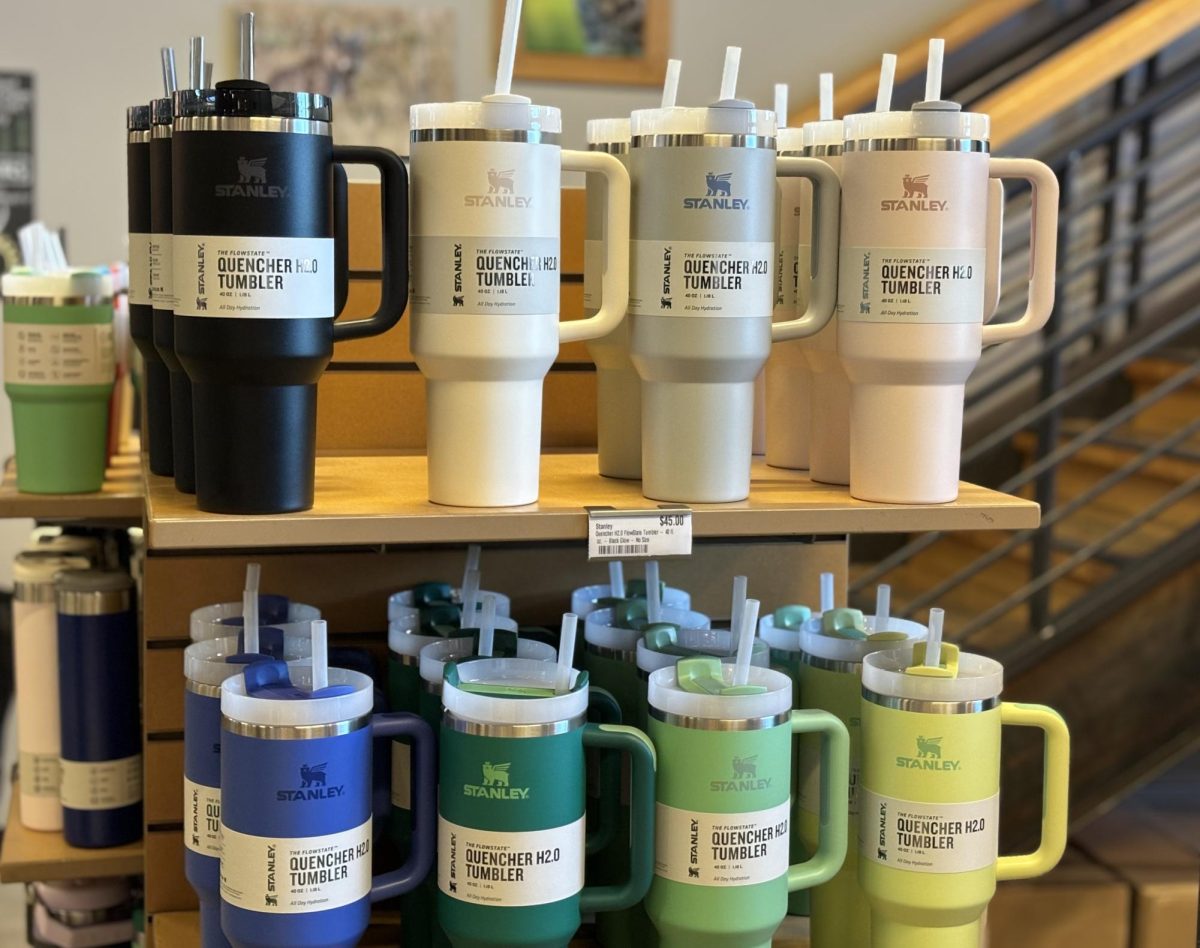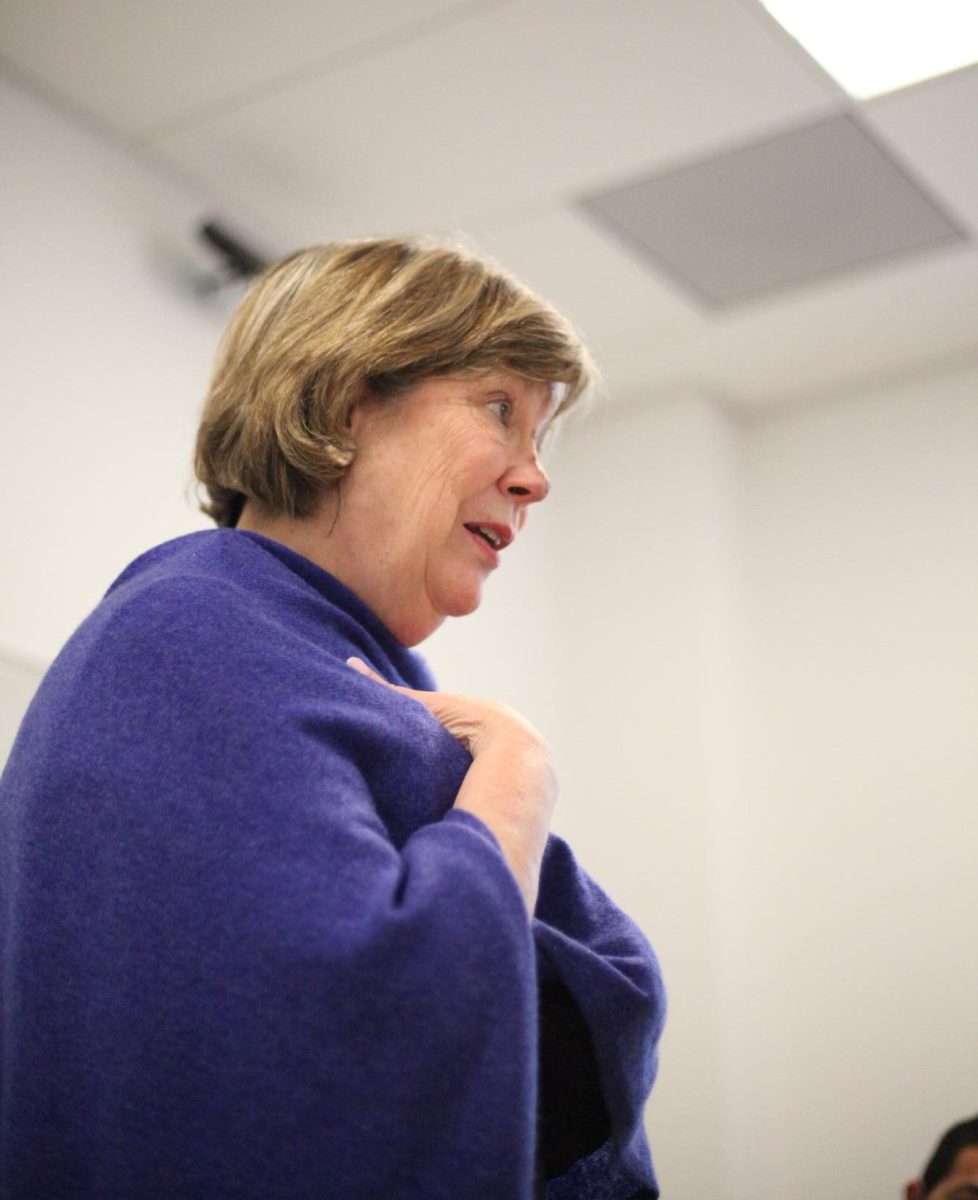In the digital age and the constant flow of content on social media, many spending decisions are influenced by online media posts. Influencing has become a significant part of advertising, evolving into a full-time job for some. According to Meta, the company that owns facebook and instagram, 87% of those surveyed admitted taking action after seeing product information on Instagram. However, this trend also raises important ethical questions regarding the use of influence and explores the concept of “deinfluencing” to ensure and promote a balanced digital environment.
According to Kris Ruby, a social media analyst and president of Ruby Media Group, “Deinfluencing is an emerging social media trend that discourages consumers from buying certain products that the deinfluencer has found to be indulgent, ineffective or not worth the money”.
Daniel Capone, a fifth-year communications major, had an experience of being influenced to purchase something that proved to not be worth the money. He said “I was following that influencer that I really liked and he was giving away free airpods as long as you were willing to pay 18$ for shipping. I realized later that I paid 18$ for cheap Bluetooth earbuds that only lasted a few months”.
Deinfluencing emphasized the importance of making investments in items that are durable and necessary rather than making financial decisions based on trends or promotions for items that will be forgotten within weeks. Influencers often receive items as gifts or buy them primarily to generate money and not necessarily because they genuinely benefit their community.
For Luis Calito, a third-year kinesiology major, influencers who form partnerships with companies unrelated to their core beliefs often resort to offering advice or projecting a fabricated lifestyle to gain more attention and increase their earnings. Calito continued by saying “I’ve seen this with a lot of different influencers and it is very sad to see that even though they know they play a big role in society, they will go and take advantage of it, knowing that people of all ages, education levels, and backgrounds will have access to this information.”
Mengting Tian, a graduate student majoring in education, also highlights the importance of transparency saying “I think it’s important and it influences how much I trust them, so it’s important to have some regulations.”
Clearly, not all advertising appears to have a positive impact. The rapid growth of influencer marketing has raised significant ethical concerns, leading to the concept of deinfluencing as a counterbalance. This approach challenges the influencer culture that, at times, seems to prioritize profit over authenticity.
Ruby, the social media analyst, offers another perspective. She says that Influencing and deinfluencing on social platforms aren’t that different. She continues by saying, “To be deinfluenced, you have to be influenced to begin with.”
To avoid becoming too dependent on other opinions, Calito has opted to reduce his screen time and unfollow some influencers, such as athletes or artists, to focus on personal growth. He said, “This has given me much more time to start focusing on the things that I am passionate about. I definitely still have some role models that I look up to and take some inspiration from them, but I try to still be myself and not become a whole different person just because of someone else’s actions.”





































